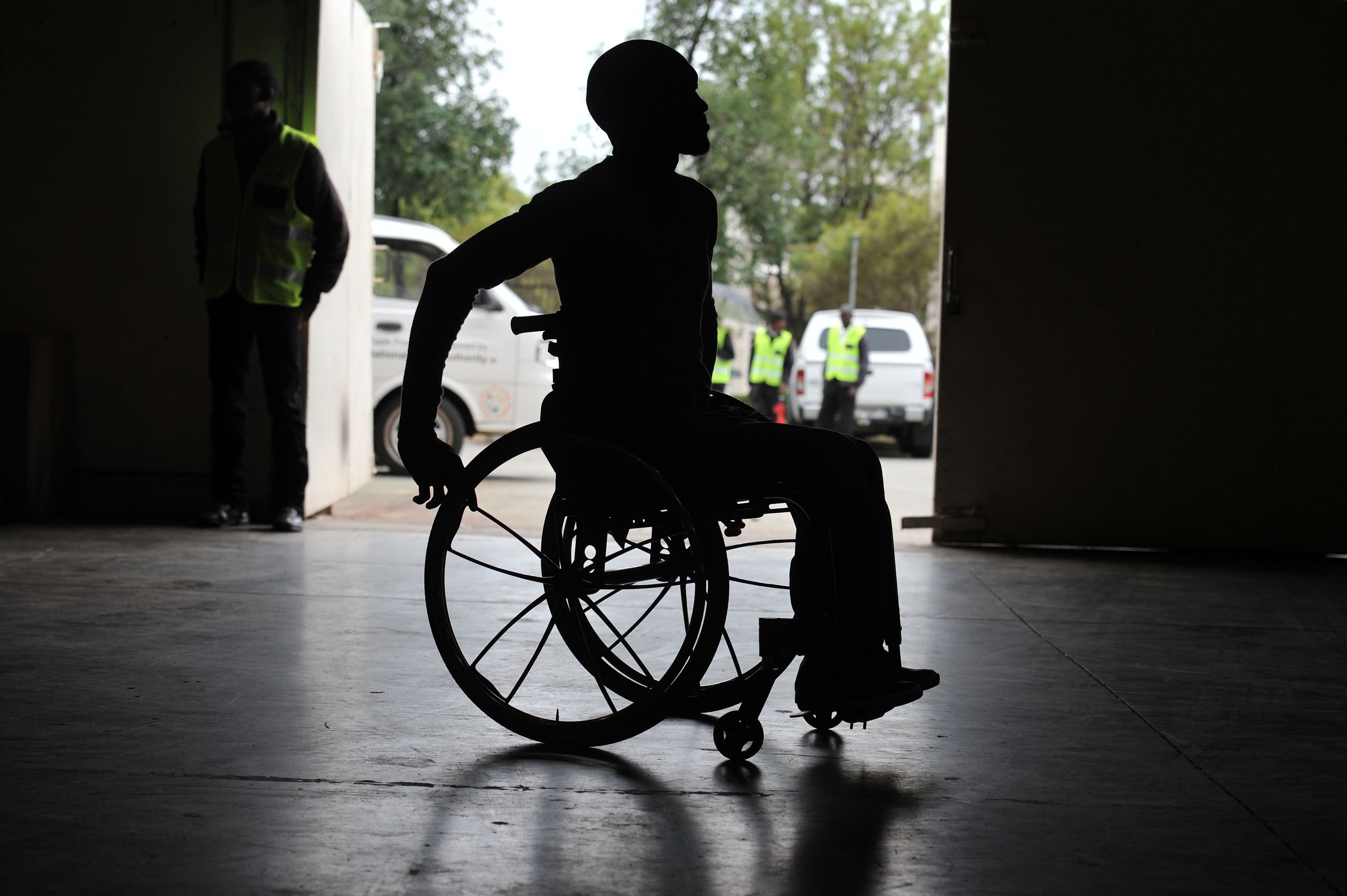
Moves to make public facilities accessible to persons with disabilities
Ghana is working to adopt and gazette standard designs to ensure that all public facilities become accessible to persons with disabilities (PWDs) this year, the Chief Director of the Ministry of Gender, Children and Social Protection, Mr Kwasi Amo-Himbson, has said.
The designs are currently being worked on by the government in collaboration with the Ghana Federation of Disability Organisations (GFD), the Ghana Standards Authority (GSA) and other stakeholders
Mr Amo-Himbson made this known at the ninth session of the Conference of States Parties to the Convention on the Rights of Persons with Disability (CRPD) in New York.
He said since Ghana ratified the CRPD in 2012, it had initiated actions towards addressing the challenges facing PWDs.
Advertisement
Mr Amo-Himbson said the government was working to create the right environment that would enable PWDs to develop their full potential and participate in national development.
“With respect to the domestication of the convention, Ghana’s Disability Act, 715, is being reviewed” he added.
Interventions
Enumerating some of the interventions to ensure that disabled persons were not left behind in the national development agenda, the Chief Director said that persons with disability had been mainstreamed in the country’s national social protection strategy and poverty reduction interventions.
For example, he said more than 52,082 PWDs were receiving direct cash transfer under the Livelihood Empowerment Against Poverty (LEAP) programme.
In 2015, more than $ 5,451,246.88 was disbursed to the PWDs which enabled them to meet their basic needs.
The beneficiaries, he said, had also been registered under the National Health Insurance Scheme (NHIS) to enable them to have access to free medicare.
Also to enhance access to economic and livelihood creation opportunities for PWDs at the district, municipal and metropolitan (MMDAs) levels, the government, he said, had increased the allocation of disability fund from two to three per cent of total national revenue.
The National Council of Persons with Disability (NCPD), Mr Amo-Himbson, said was also collaborating with the Inter-Ministerial Co-ordinating Committee on decentralisation to implement disability mainstreaming in MMDAs so that disability issues would be included in policy planning, programming, budgeting, monitoring and reporting processes.
He said the Ministry of Education had also developed and launched the policy and guidelines on inclusive education (IE) which was currently being implemented in 20 districts with support from UNICEF.
The policy, he said, ensured that all public basic schools, including children with disabilities who were in school, enjoyed free basic education.
The policy, he said, also encouraged parents who had children with disability to send them to school.
Mr Amo-Himbson said the government had considered the needs and concerns of PWDs in all programmes with regards to the implementation of the Sustainable Development Goals (SDGs), dubbed ‘Agenda 2030’,
Challenges
However, he said despite the efforts being made, some challenges still remained, especially, the negative public perception that disability was a curse and non-productive.
He called for intensive education by all to ensure that families, communities and institutions changed this perception so that PWDs would be an integral part of the developmental process in all countries.
Writer’s email: rebecca.quaicoe-duho@graphic.come.gh
